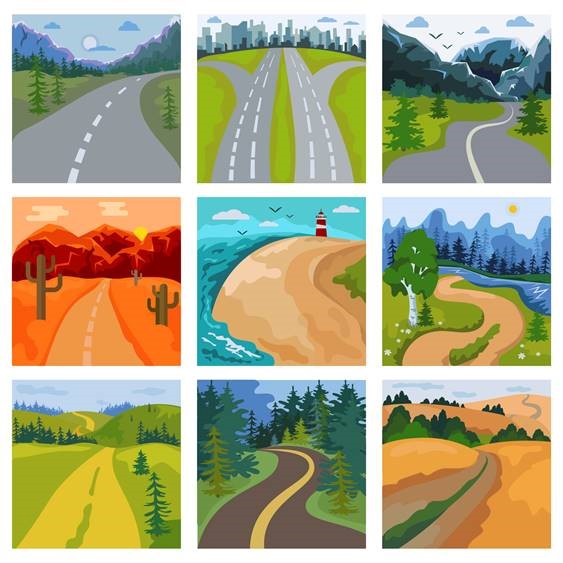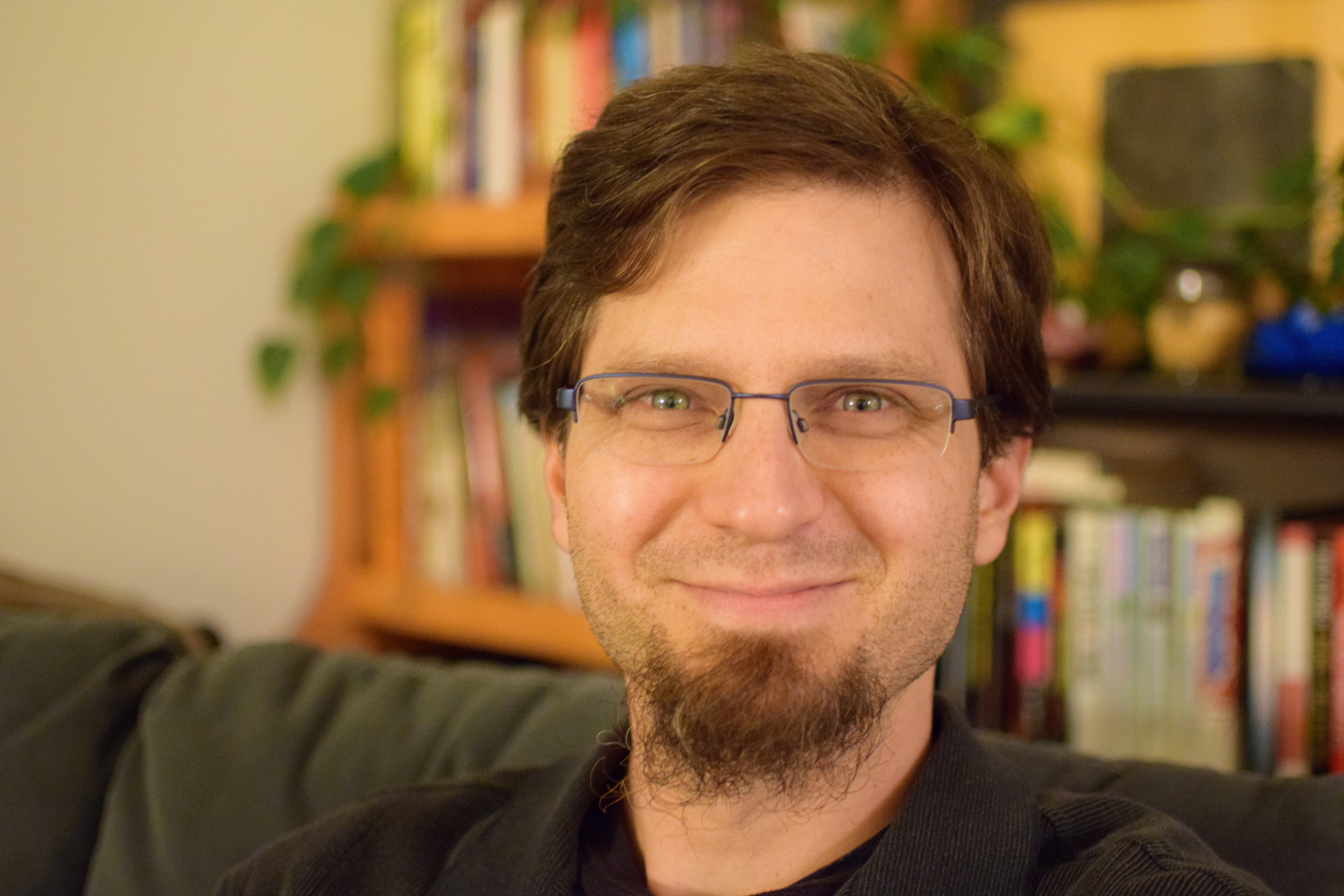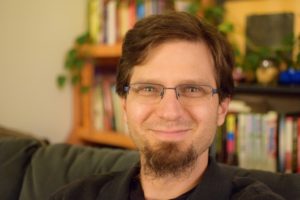


 I was a child in the small town of Peru, Indiana, in the 1980s. I was raised by an atheist father and a Catholic mother who was pretending to be a Baptist. My mom insisted that my sister and I go to church every week, and I often questioned what we heard there.
I was a child in the small town of Peru, Indiana, in the 1980s. I was raised by an atheist father and a Catholic mother who was pretending to be a Baptist. My mom insisted that my sister and I go to church every week, and I often questioned what we heard there.
When the Baptist preacher said that Buddha was a devil, I looked at my mother and asked, “Isn’t Buddha just like Moses but in Asia?” She just smiled and nodded without saying a word.
I got in trouble in Sunday school for asking too many questions. When they taught about Noah’s Ark, I asked, “What did they feed the tigers, and how did they keep them from attacking the other animals?” and, “What if one of the animals had died?” The teacher threw me out of class.
As I got older, I read the Bible every summer at church camp. I realized that a lot of the stuff that we were being told in church wasn’t in there, and there was a lot in the Bible that we weren’t being told — like a lot of troubling violence.
I have social anxiety disorder (a chronic mental health condition in which social interactions cause feelings of anxiety) but didn’t know that until I was in my early 20s. I’ve had good and bad ways of coping with it.
As a teen, one of the ways that I coped was by avoiding the high school lunchroom and reading in the library instead. That’s when I discovered mythology and Eastern religions. Buddhism really spoke to me. I read everything I could find on it in our library and by age 14 I considered myself a Buddhist.
When I was 16, my mom died in a car accident while my parents were in the middle of a nasty divorce. The estate settlement dragged on for years, and when I was 21, I was called to testify in court, which triggered intense anxiety.
I agonized over the court appearance. I worried about what I should say, and what the evidence was. I wondered what I could do to make the whole thing just stop.
At the same time, I was drinking and smoking marijuana a lot. I realized that neither was helping me think clearly, but when I tried to cut back, I couldn’t. When I tried to quit totally, I found myself in crisis. I ended up in therapy and that’s when I learned I had social anxiety disorder.
A lot of things I had never understood about myself suddenly made sense — the undue stress I felt during a conflict in a friendship, why I often lay awake at night thinking about a conversation, and the difficulty of socializing in a large group of people.
In therapy, I realized that most of my friends had their own problems with drugs, and that I needed to find a different way to meet people. I wanted to find a spiritual community where I could practice my new coping skills with people who were doing something positive with their lives and in the community.
Despite how much Buddhism had helped me with my social anxiety, I had never engaged with a community or even another Buddhist. I wanted to be involved with a community of believers, work at a career of service to humanity, and live as a husband and father. I tried going to church, but it didn’t feel right.
One day, I was looking something up in a religious textbook and noticed there was a chapter on a religion I’d never heard of — the Baha’i Faith. There was a bulleted list of major points that included the equality of men and women, the elimination of social prejudices, and the establishment of an international institution to handle global problems. I read them out loud to my girlfriend.
Over days, we kept rereading those pages, talking and thinking. I just assumed since there were so few Baha’is, there wouldn’t be any in our town. She found an ad with a local phone number in the newspaper. She and I went to a Baha’i home for a devotional gathering.
The Baha’i Writings seemed too good to be true, and I looked for some odd teaching that would be a deal-breaker. I couldn’t find it.
I read for months until someone mentioned the Book of Certitude. The themes of progressive revelation and how leaders of religion often lead their followers astray — those were two things I really connected with in my personal experience as a child in church and as a Buddhist.
I committed myself to the Baha’i Faith on July 14, 2003, Bastille Day, to commemorate my freedom from the prison of self. My girlfriend became a Baha’i almost a year later. We were married in 2007 and had our first child in 2014.
Following Baha’i law and being part of the Baha’i community really transformed my life. Going to Baha’i gatherings on a regular basis has pushed me outside of my comfort zone and helped me grow. The community is a safe place with people who share the same beliefs, and being part of it is a way for me to stay sober.
Right now, I’m in the midst of a career change into the healthcare field. It’s been wonderful to integrate the Baha’i idea of work as worship into my career.
Recently, I worked in a nursing home where there was one woman who was really sick. She hadn’t spoken for two or three days. In the middle of the night, she became very ill and I spent a lot of time with her, helping her get cleaned up and putting her back into a clean bed. She died the following morning. Some people would say it was a negative experience, but for me it was a positive one. To be the last person to care for her and show her compassion was a great honor.
I’ve learned that I am able to stay calm in emergencies, think straight, and decide what needs to be done. There’s something about my social anxiety that helps me to be with people in vulnerable moments and comfort them. I look forward to being able to worship God by offering comfort and patience for every single patient.


![]()
![]()
Whether you are exploring the Bahá'í Faith or looking to become an active member, there are various ways you can connect with our community.
Please ensure that all the Required Fields* are completed before submitting.